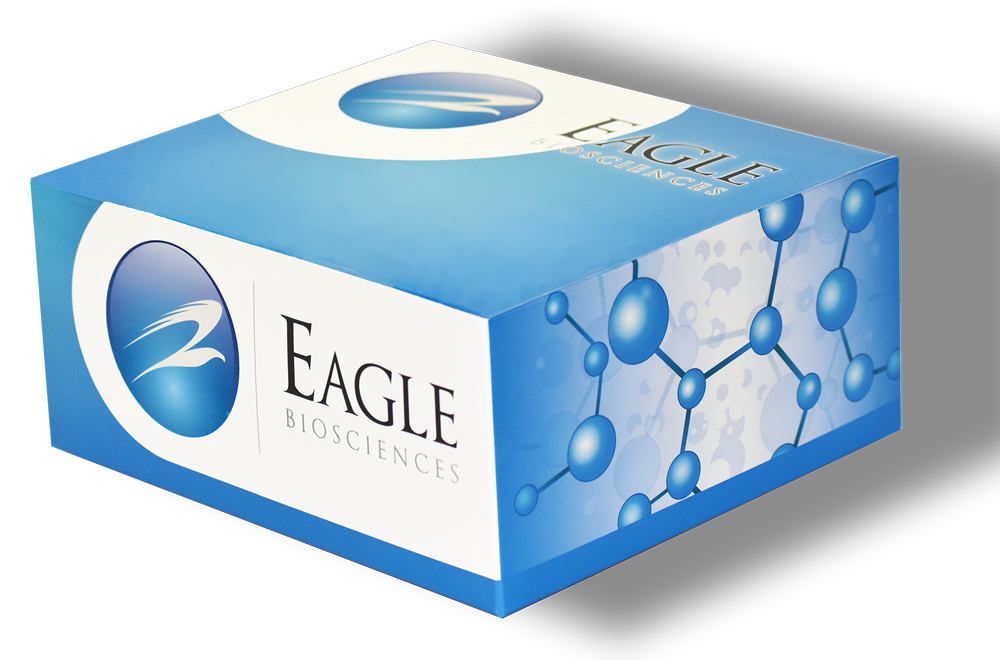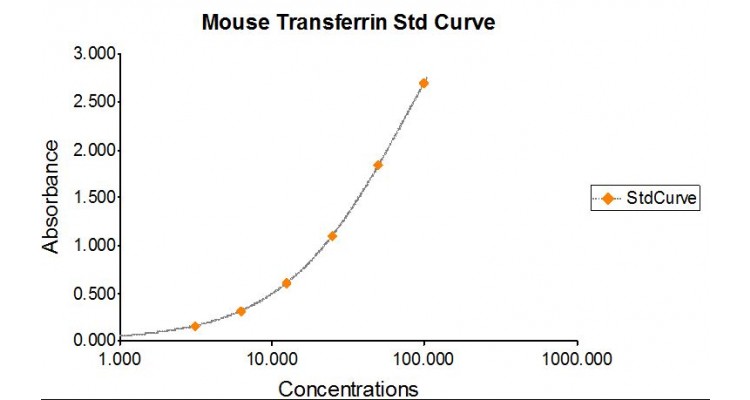Transferrin is a glycoprotein primarily synthesized by the liver that serves as the main iron transport protein in plasma, delivering iron to cells via transferrin receptors. In mice, as in humans, transferrin plays a critical role in iron homeostasis, erythropoiesis, and cellular metabolism. Changes in transferrin levels or saturation can reflect alterations in iron status, nutritional state, liver function, or inflammatory responses, making it a key biomarker in both research and preclinical studies.
In research settings, mouse transferrin is widely used to study iron metabolism, anemia, liver disease, and inflammation. It serves as a marker for iron transport efficiency and systemic iron availability in experimental models. Transferrin measurements are also valuable in studies of hematologic disorders, nutritional interventions, and metabolic syndromes, helping to evaluate the effects of therapies or genetic modifications on iron regulation.
In clinical and translational contexts, monitoring transferrin in mouse models allows researchers to simulate human conditions such as iron deficiency anemia, chronic inflammation, or liver dysfunction. Assessing transferrin levels, along with other iron-related biomarkers like ferritin or hemoglobin, provides insight into iron status, disease progression, and therapeutic efficacy. This information supports the development of interventions for disorders of iron metabolism and bridges preclinical findings to potential clinical applications.
This product is manufactured in USA by Eagle Biosciences.


